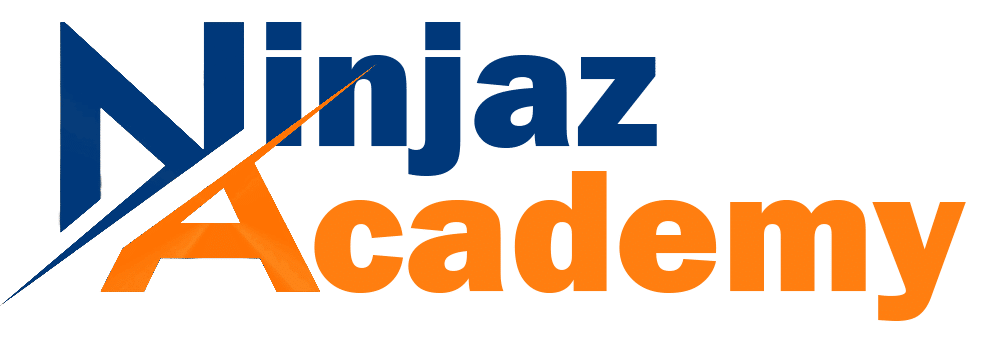
Facility Management Professional – FMP
About This Course
The FMP (Facility Management Professional) certification is a globally recognized credential for professionals in the facility management industry. It is awarded by the International Facility Management Association (IFMA), which is the world’s largest and most widely recognized professional association for facility management.
To obtain the FMP certification, candidates must pass an online exam that covers four knowledge domains: Operations and Maintenance, Project Management, Finance and Business, and Leadership and Strategy. Candidates must also have at least 3 years of experience in facility management or a related field, or a bachelor’s degree in facility management or a related field plus 1 year of experience.
The FMP certification is designed to enhance the knowledge and skills of facility management professionals and help them advance their careers. It provides a comprehensive overview of all aspects of facility management, including operations, maintenance, finance, project management, leadership, and strategy.
Thus, FMP certification is a valuable credential for anyone working in facility management, as it demonstrates a commitment to professionalism, continuous learning, and ethical standards. It can also lead to increased job opportunities, higher salaries, and networking opportunities within the industry.
Financial Modeling and Valuation Course (FMP) is a comprehensive training program that provides participants with the skills and knowledge required to create accurate financial models and perform valuation analyses. The course covers a wide range of topics, including accounting principles, financial statement analysis, forecasting, and valuation techniques. The FMP course is designed for finance professionals, investment bankers, equity research analysts, and individuals who want to pursue a career in finance.
The FMP course typically involves a mix of lectures, case studies, and hands-on exercises. Participants will be required to complete assignments and projects to reinforce their learning and apply their skills to real-world scenarios. The course may also include guest speakers, industry visits, and networking opportunities.
The benefits of the FMP course are numerous. By completing this course, participants will gain a deep understanding of financial modeling and valuation techniques that are critical for success in finance careers. They will also be able to build accurate financial models and make informed decisions based on business data. In addition, participants will enhance their Excel skills, which are essential for many finance roles.
Upon completion of the course, participants will receive a certificate of completion, which they can use to demonstrate their expertise in financial modeling and valuation. This can be valuable when applying for jobs or advancing their career in finance.
Thus, the FMP course is an excellent investment for anyone looking to enhance their finance skills and advance their career in the field of financial analysis and modeling. The course covers a wide range of topics and provides participants with practical, hands-on experience using Excel to build financial models and perform valuation analyses. It also offers networking opportunities and a certificate of completion, which can be valuable for career advancement.
Learning Objectives
Target Audience
- Facility Managers
- Property Owners and Real Estate Managers
- Corporate Executives and Business Owners
- Service Providers and Contractors
- Industry Associations and Networks
- Students and Aspiring Professionals


